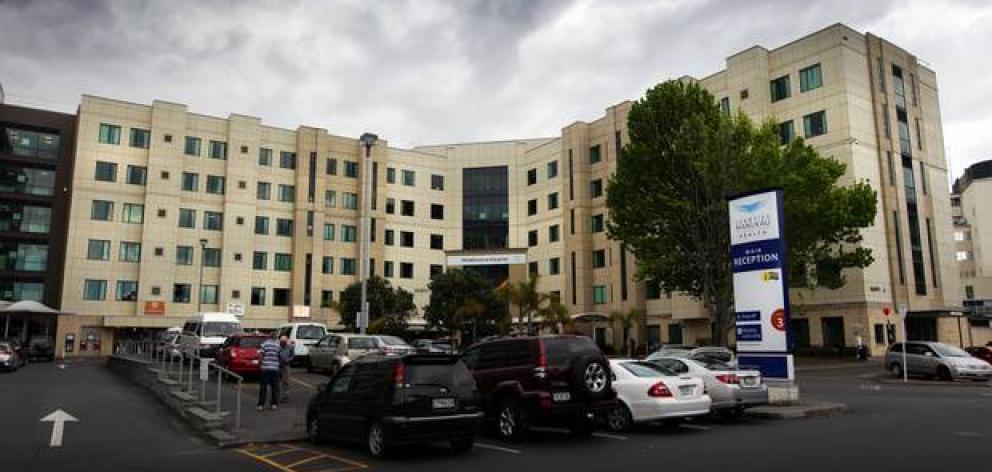
The driver was dropping two people off to an address in Otara last night when he was told to get out of the car and then stabbed.
It is understood the man took the people to Preston Rd and one of the passengers went inside a house and the other ordered the driver to get out.
The driver was stabbed with what appeared to be a screwdriver but managed to get away on foot and called police.
The man was taken to Middlemore Hospital with moderate injuries but has since been discharged.
New Zealand Taxi Federation boss John Hart said the Government "absolutely had to" reinstate the legal requirement for all small passenger license holders to have onboard cameras.
"The last government removed the requirement for all cars transporting customers to have cameras, which has increased the risks for drivers and their passengers," he said.
"It also removed the requirement for duress alarms, which mean someone back at the call centre knew where to send help and could hear what was happening."
In 2011 a law change was introduced requiring all passenger cars to have an operating security camera, a 24-hour call centre and drivers provided with duress alarms.
The law change followed a spate of attacks on taxi drivers, including the killing of Hiren Mohini, who was stabbed to death by a passenger in the Auckland suburb of Mt Eden.
The cameras cost about $1000 each which were paid for by drivers or the employers.
Police would not comment on whether there was an onboard camera in the latest attack.
Last year, Land Transport Amendment Bill, brought taxis, shuttles, private hire vehicles such as Uber, and dial-a-driver services into a single category.
Then transport minister Simon Bridges argued benefits included increased competition and flexibility around new technologies.
It also removed the requirement for all small passenger cars to have in-vehicle recording cameras and compulsory duress alarms.
Bridges said this was because new technology, such as apps, identified the driver and the passenger before anyone got into the vehicle.
This was disputed by large taxi companies who said compulsory cameras in all cars carrying paying customers were the safest option.
Blue Bubble Taxis chief executive Bob Wilkinson said he didn't know which company the attacked driver worked for.
All of Wilkinson's cabs had cameras.
"Apps don't always identify the person being picked up," Wilkinson said.
There were also occasions where people had used other accounts.











